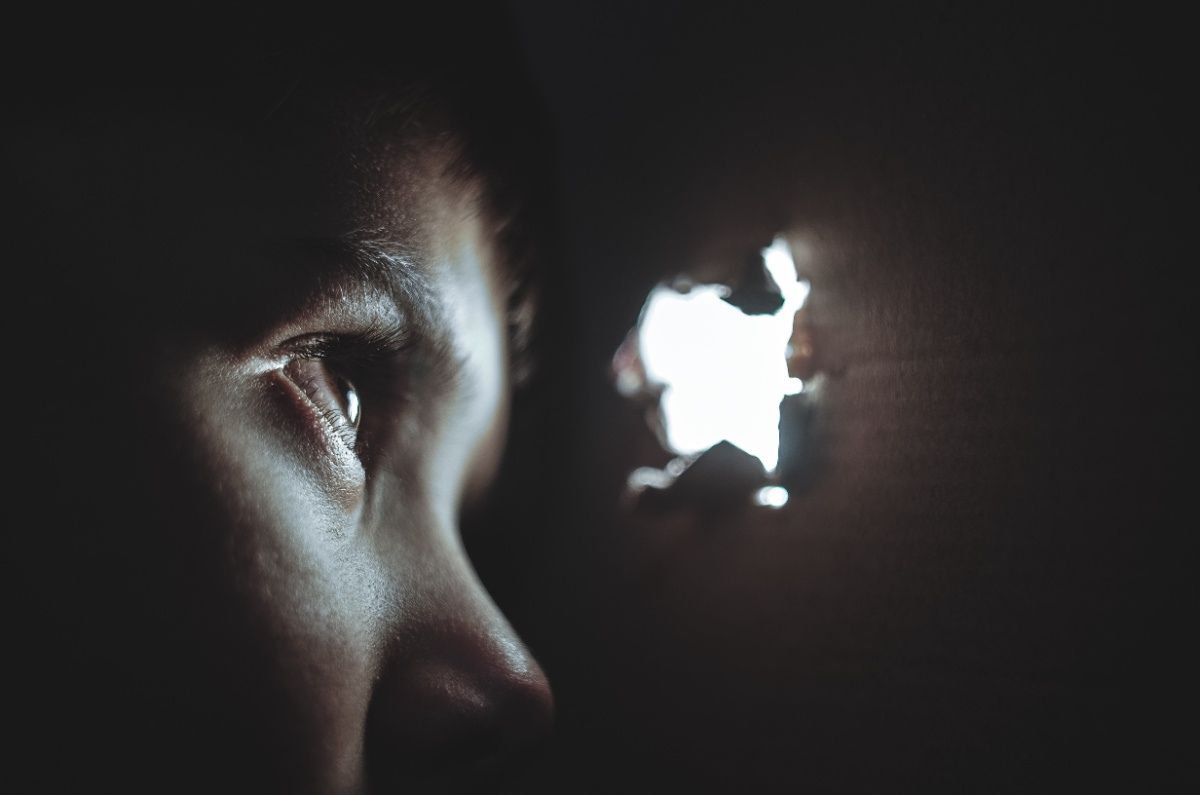By Jalal Abu Saleh
Amman – Autism is a developmental disorder affecting a child’s social development and communication skills. People with autism customarily face challenges due to their impossibility to communicate verbally and interact socially.
It is the case of one family — one of many — in a Jordanian neighborhood whose autistic child’s manifestation incurs the wrath of neighbors. There is no place for a peaceful sleep for the family of this child who, unable to make known his pain and suffering through words, issues continuous high-pitch screams that disturb neighbors who complain to the father. The father understands his neighbors’ situation; he moved house several times in an attempt to spare neighbors and put an end to their complaints, but it is a losing cause. The measures taken due to the pandemic include the closure of treatment centers and institutions, and that, according to the father, affected his son’s behavior and made disturbances worse.
One day, the father found that he was wanted for a complaint of “disturbance of neighborhood” which, according to the Arab Renaissance for Democracy and Development (ARDD) the legal department that represented the father, is penalised by up to a month in prison and/or a fine of JD200.
This story highlights a medical condition that cannot be controlled by parents and the humanitarian aspect of this medical condition that leads to many hardships and problems.
According to a UN report, autism seems to be most prevalent among disabilities. At least one in 150 children of both sexes has it. No precise figures are available about the number of people with autism in Jordan, but, according to some experts, the number could stand at 8,000. It is expected that a sick child’s best interest is going to be taken into consideration to ensure that he/she benefits from the utmost protection and social and psychological support.
There are growing calls to reopen treatment centers for people with disabilities and provide adequate preventive measures, particularly to people with autism, Down syndrome, and mental disabilities.
Closure of these centers deprives children of social life and activities that eliminate loneliness and boredom, as well as of proper medical care. It leaves parents all alone with the responsibility of finding solutions to ease their children’s suffering, a daunting endeavor at a time no one knows for sure when life will go back to what it was before.
These stories are part of the “Enhancement of the protective environment of Syrian and Jordanian Children” project ” Implemented in partnership with the United Nations Office for the Coordination of Humanitarian Affairs, the project aims to contribute to creating a better protective environment for Syrian and Jordanian children at risk, including children with disabilities living in the most vulnerable communities affected by the COVID-19 pandemic, through the provision of legal services and cash support.


